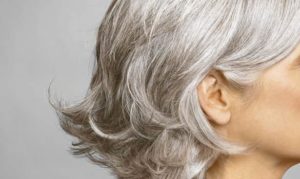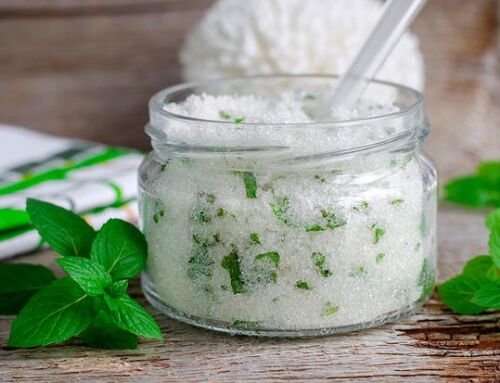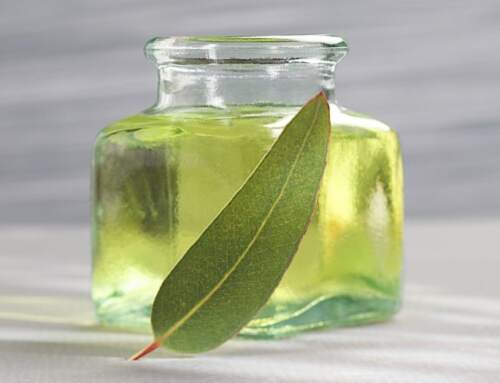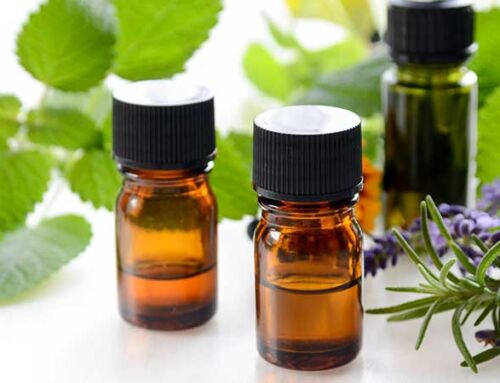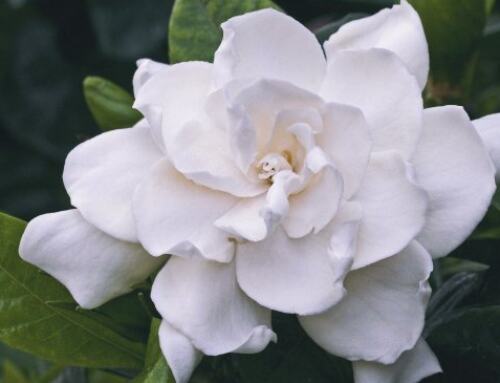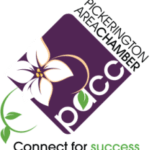The 7 Best Essential Oils for Hair
When it comes to using essential oils for hair, there are plenty of beneficial choices. Whether you are looking to thicken your hair, treat dandruff and dry scalp, give your hair strength and shine or lighten your hair naturally, essential oils are much safer and just as effective as conventional hair care products.
They are also more cost-effective — one bottle of your favorite essential oil can not only nourish your hair, but it can help to reduce stress, alleviate pain, and fight skin infections as well. Plus, essential oils are all-natural, which means they are free of dangerous chemicals and better for the environment and your home, too.
The 7 Best Essential Oils for Hair
1. Lavender
Studies have shown that lavender oil possesses hair growth-promoting effects. In a 2016 animal study, topical application of lavender oil proved to significantly increase the number of hair follicles in female mice. Lavender oil was also able to deepen the depth of hair follicles and thicken the thermal layer. (1)
Lavender oil has antimicrobial properties, and it can be used to combat bacterial and fungal disorders. Some other lavender oil benefits are its ability to soothe the scalp and heal dry skin and hair. Plus, because emotional stress is a factor that can contribute to thinning hair, lavender oil can be used to create a tranquil and stress-free environment.
2. Rosemary
Rosemary oil is one of the top essential oils for hair thickness and growth. It is used to increase cellular metabolism, which stimulates hair growth and promotes healing. Research even shows that rosemary oil appears to work as well as minoxidil, a conventional topical hair loss treatment. (2) When it comes to boosting your hair health, the benefits of rosemary oil also include preventing baldness, slowing the graying process and treating dandruff and dry scalp.
To use rosemary oil for your hair, take 3–5 drops and mix it with equal parts olive oil, and then massage the mixture into your scalp for about two minutes. Leave it in your hair for 3 to 4 hours, and then wash your hair as usual.
3. Chamomile
Chamomile oil is a great essential oil for hair because it adds shine and softness to your hair while soothing your scalp.
Did you know that chamomile essential oil can be used to lighten your hair naturally? Combine 5 drops of chamomile essential oil with a tablespoon of sea salt and one-third cup of baking soda. Use warm water to create a paste and apply the mixture to your hair. Massage it into your scalp and at the base of your hair, then allow it to sit for about half an hour before rinsing it out. If you want a bolder affect, keep the paste on as you sit in the sun.
Research suggests that 50 percent of women dye their hair regularly and feel more attractive right after having their hair dyed, but conventional hair products that are used to lighten hair contain dangerous chemicals that can cause numerous health risks. Choosing a natural alternative will ensure that you aren’t being exposed to unhealthy hair dyeing products like formaldehyde and bleach (hydroxide peroxide). (3)
4. Cedarwood
Cedarwood is used to help stimulate the hair follicles by increasing circulation to the scalp. It can promote hair growth and slow hair loss; it can also treat thinning hair and various types of alopecia.
A study conducted in Scotland involved 86 patients who were randomized into two groups — one group massaged a combination of cedarwood, thyme, rosemary and lavender oils in a mixture of jojoba and grapeseed carrier oils into their scalps daily. The control group used only carrier oils daily. After 7 months, 44 percent of patients in the essential oil group showed improvement of alopecia symptoms, while only 15 percent of the control group showed improvements. (4)
Cedarwood essential oil can also help to reduce skin irritations and repel bugs, which can be beneficial on summer nights when you’re spending time outdoors.
5. Clary Sage
An important ester in clary sage oil called linalyl acetate reduces skin inflammation and regulates the production of oil on the skin. Clary sage also works as a natural remedy for rashes, and it works as an antibacterial agent. But maybe most importantly, clary sage can be used to help you relieve stress and balance hormones. Three types of hair loss can be associated with high stress levels: telogen effluvium, trichotillomania (hair pulling) and alopecia areata. Because clary sage can be used to help relieve stress and reduce cortisol levels in the body, it works as a natural remedy for stress-induced hair loss. (5)
Clary sage works well with jojoba oil; the two can help to regulate oil production on the skin, helping you to avoid scaly or flaky patches that lead to dandruff. To ease stress, which is associated with hair loss, you can diffuse clary sage oil at home or apply a few drops to your wrists, temples and bottoms of your feet.
6. Lemongrass Oil
Lemongrass essential oil has healing properties, and it works as an effective cleanser and deodorizer. It can strengthen your hair follicles and soothe an itchy and irritated scalp. In fact, a 2015 study found that the application of lemongrass oil reduced dandruff significantly after seven days and increased the effect even more after 14 days of topical application. (6)
7. Peppermint
Peppermint oil helps to stimulate the scalp, and it can treat dandruff and even lice due to its powerful antiseptic properties. Research shows that peppermint oil promotes hair growth, too. In a 2014 animal study, topical application of peppermint oil for four weeks showed prominent hair growth effects, increasing dermal thickness, follicle number and follicle depth. (7)
It is a good idea to dilute your essential oil into a carrier oil. Find out more about carrier oils here.
